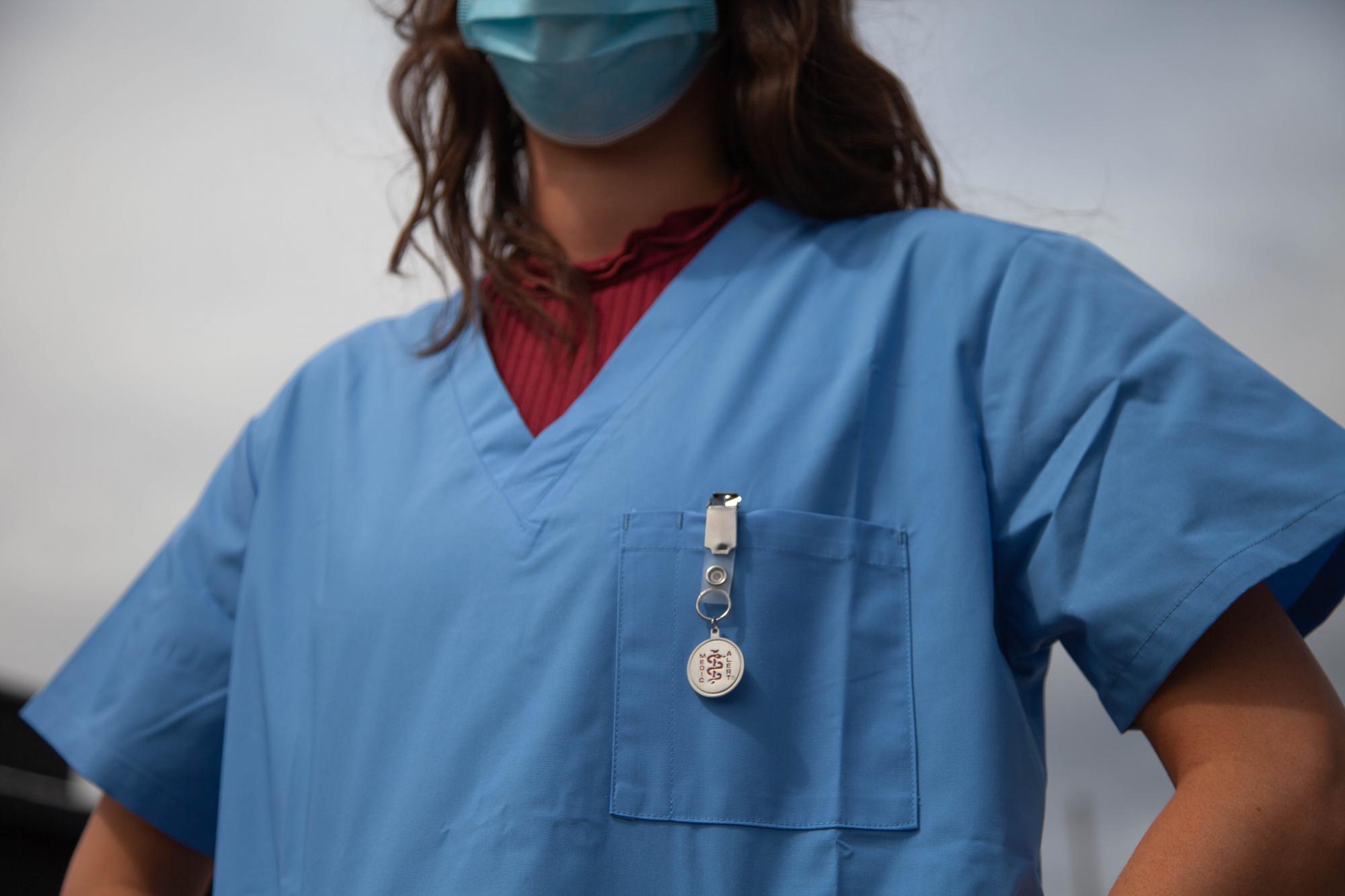Test- FTSE 100 Kicks Off August on a High as BP and Senior Lead Market Momentum
$11
10 Oct 2025, 13:13

Image credit: MedicAlert UK

An estimated 100,000 NHS nurses are striking in the first walkout in the union’s 106-year history. Striking is taking place today on 15 December and next week on 20 December at roughly 76 hospitals and health centres.
In a battle over pay, the Royal College of Nursing (RCN) is calling for a payrise 5% above inflation, currently amounting to a 17% hike, arguing that below inflation increases are compromising care and staff retention. The two day strike action is affecting an estimated 70,000 appointments, procedures and surgeries in the NHS. Some treatments are exempt from strike action, such as chemotherapy, dialysis and intensive care. RCN general secretary Pat Cullen has said that this is a “tragic day” for nurses and patients alike.
What are the conditions that have led to the strikes?
Inflation is currently more than 10%. The government says a 4-5% pay rise offer was set by an independent body, but this does not alleviate the real-terms cuts experienced over the past decade. The pandemic was debilitating, with nurses and NHS staff becoming key workers and fighting the virus on the front lines. Only two years since the nation clapped on their doorsteps and the government praised staff, nurses are having to strike and fight for a reasonable pay rise in the middle of some of the hardest economic conditions faced by the British public. The government has said that it cannot afford to pay more than the 4-5% pay rise offered to nurses as further increases would mean “taking money away from frontline services.”
RCN general secretary Cullen has said that Steve Barclay, the health secretary, refused to discuss pay with her at their meeting. In a statement, Cullen said:
“The government was true to its word - they would not talk to me about pay. I needed to come out of this meeting with something serious to show nurses why they should not strike this week. Regrettably, they are not getting an extra penny.
Ministers had too little to say and I had to speak at length about the unprecedented strength of feeling in the profession. I expressed my deep disappointment at the belligerence – they have closed their books and walked away.”
In a self-authored article, Barclay wrote:
“As Health and Social Care Secretary, I will always do my utmost to support nurses in the vital work they do. This government is investing in the NHS workforce, with an extra 9,000 nurses recruited this year. We are on track to fulfil our promise of an extra 50,000 nurses over the course of the current Parliamentary term. This year, amid the huge pressure on the public finances after the pandemic, the government gave nurses a proportionate, balanced pay increase…we are giving over one million non-medical NHS workers a pay rise of at least £1,400 this year, on top of a 3% pay increase last year when wider public sector pay was frozen.”
He called the 17.6% pay increase demand “neither reasonable nor affordable”, and it would “turbocharge inflation” when the government is trying to keep it under control. He remains open to dialogue but stands firm that the government “will not agree to unreasonable pay demands.”
In July this year, the government confirmed a £1400 pay rise for most nurses on full time salaries, equating to at least a 4% rise. However, given that, at that time, inflation was hovering between 9-10%, the increase was actually lower in real terms value.
The full report by NHS Providers can be found here. Barclay's full statement can be found here.
(Sources: Reuters, BBC News, The Guardian, The Tribune, CNN, NHS Providers, gov.co.uk, nurses.co.uk)